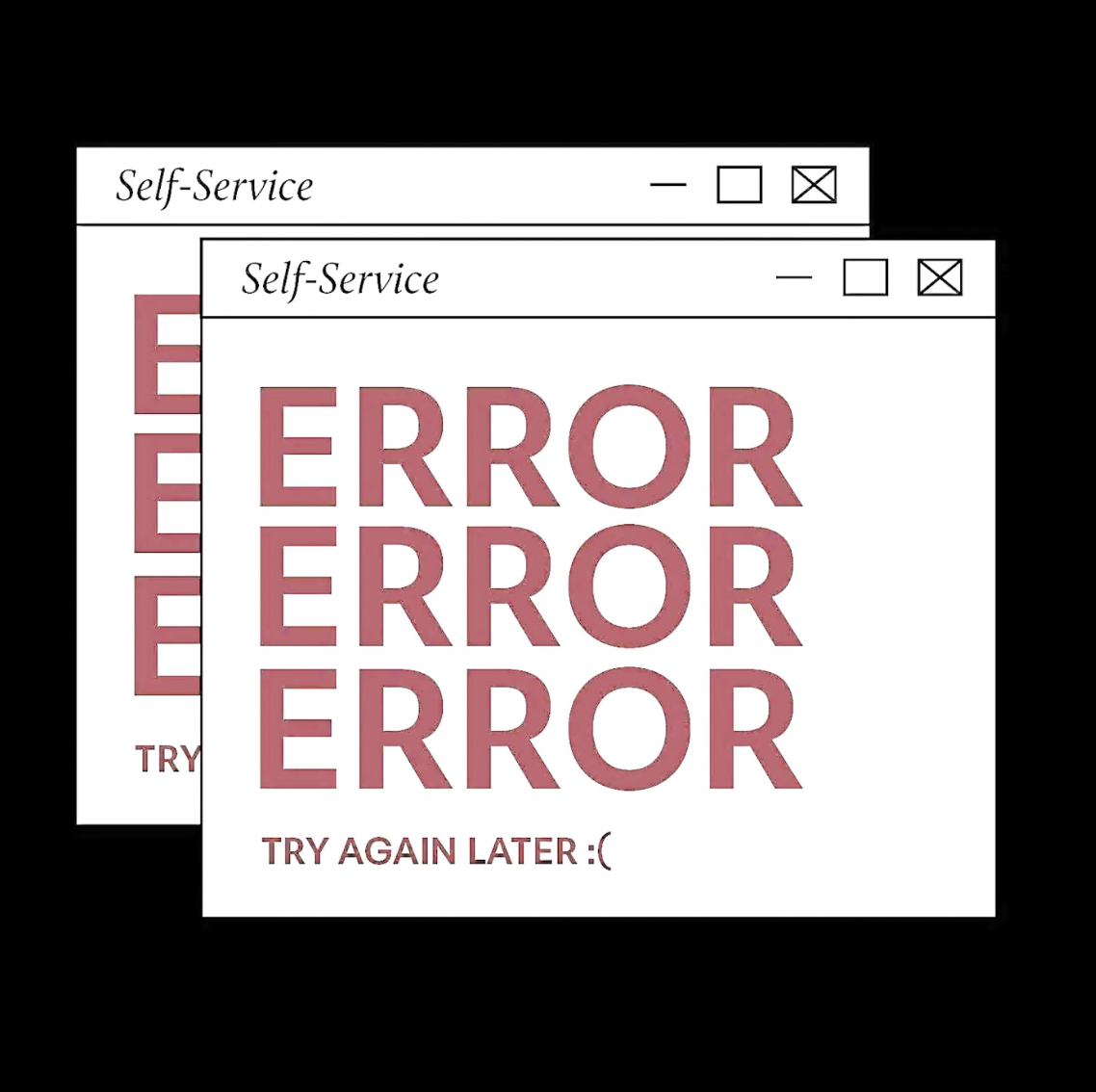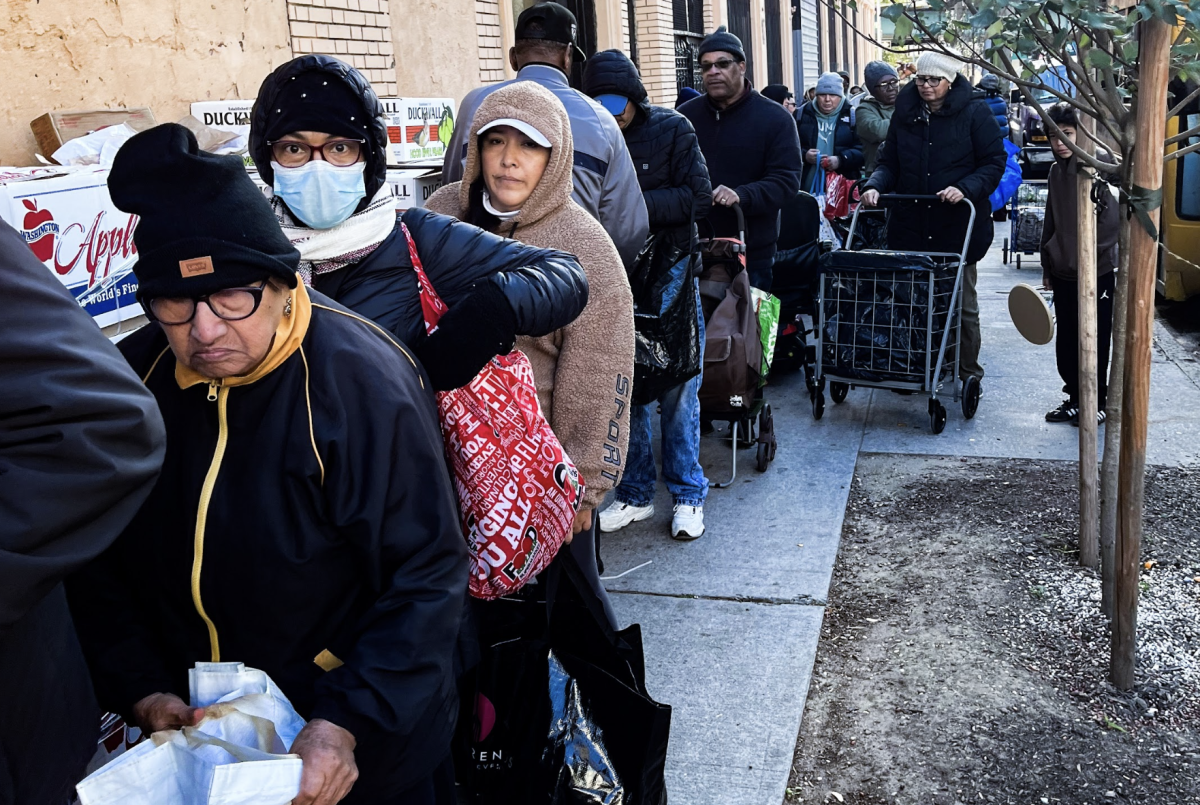After reading Edward Seyler and Garrett Fontenot’s opinion columns in the Maroon and in lieu of what is going on politically, women’s health care needs to be addressed, and it needs to be addressed by a female.
First and foremost, it is important to point out that women make up 51 percent of the entire population and 57 percent of Loyola’s student population, so it is in everyone’s best interest to care about women’s health. Although Loyola and other Catholic institutions like to pretend there is no sex outside of marriage and for, God forbid, reasons other than conception. We do live in the twenty-first century where 98 percent of women have and/or will use some form of contraception in their lifetime, thus alluding to the fact that yes, we have sex when we aren’t married and, yes, for reasons other than producing children. The debates, as Fontenot has argued, come in when we ask our universities to pay for our contraception and provide condoms, which I strongly and relentlessly will always stand for.
Fontenot has pointed out that Loyola and other universities alike are affiliated with the Catholic Church, which many believe should give them the option to “opt out” of providing women with critical health necessities such as birth control. And yes, I consider this a necessity because the research has shown that access to free contraception has directly lowered abortion rates, maternal mortality and unintended pregnancies. I am assuming that Loyola and other Catholic religious institutions and individuals have the utmost value of life and believe abortions kill “people,” so even with their own rationale, contraception is necessary and saves lives.
Another crucial fact that pro-life, anti-woman and anti-healthcare persons have left out is the fact that Catholic universities and hospitals are not getting their funding from the generous donators at church every Sunday, but from our federal government, which thankfully Barack Obama heads at the moment, so unless they plan on getting their federal aid from a place other than the government, no, they cannot opt out of women’s healthcare.
Fontenot concludes his argument that “institutions should encourage their students to follow the teachings of the institution they are aligned,” and students should “take their health into their own hands.” The fact is that sex is a part of life and it is a part of health. No matter what your religion is teaching you, more likely than not, you will have sex.
Although I am fortunate to have health insurance to take my health into my own hands, other students do not have such opportunities. Loyola has a commitment to its students that needs to be met, regardless of its religious affiliations.
Sincerely, Susan Baughman, sociology sophomore








